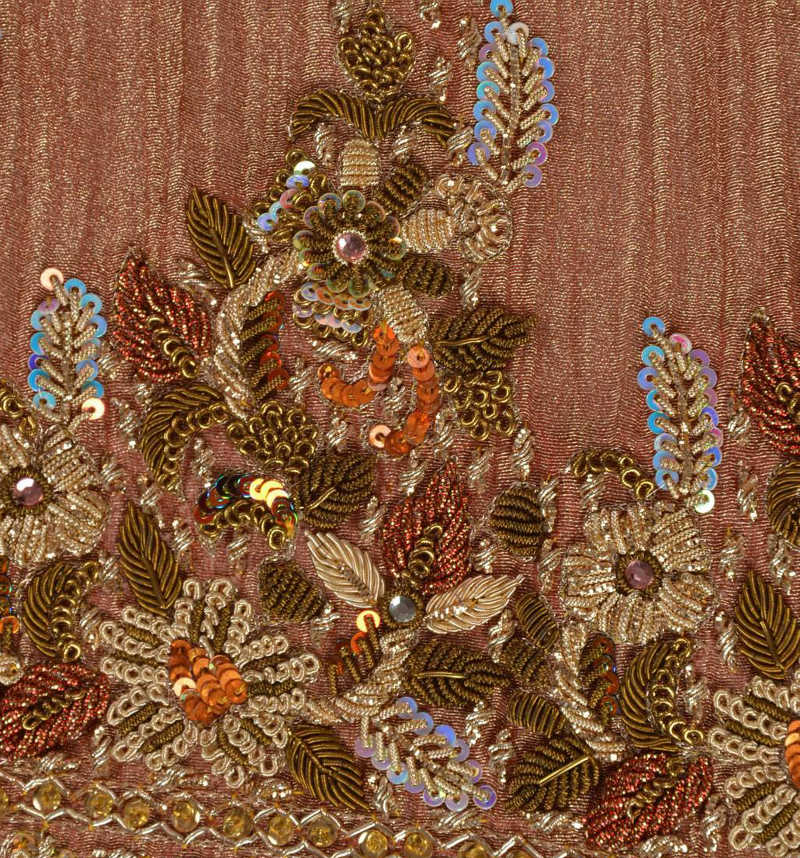===
0471,
7
===

=== |
 |
daur : 'Going round, moving in a circle, revolving; revolution (of a body, or of time); circular motion; the going round, or circulating (of wine); the cup handed round; the coming round in turn (of days or times); vicissitude; ... —circumference, perimeter; circular enclosure; border (of a garment, &c.); circle, circuit; orbit; circuit of rule, compass, jurisdiction, power, authority, dominion, sway; —a period of years, time, age, cycle; a turn, tour, round, course, progress'. (Platts pp. 532-33)
muvāfiq : 'Conformable, consonant, congruous, agreeing, according, concordant, suiting, suitable; apt, expedient; like, similar, analogous; prosperous, favourable, propitious'. (Platts p.1085)
binā : 'Building, structure, edifice; foundation, basis, base; ground, footing, motive; root, source, origin; beginning, commencement'. (Platts p.168)
charḳh : 'A wheel (as of a water-mill, or of a well, &c.); a potter's wheel; a lathe; the celestial globe or orb, the sphere of the heavens, the heavens, the sky'. (Platts p.429)
chanbarī : 'Round, circular'. (Platts p.443)
FWP:
SETS == MAGAR
MOTIFS
NAMES
TERMS == AFFINITY; SHAHR-ASHOBI've taken the liberty of rearranging SRF's commentary so as to put his specific comments on the verse at the beginning rather than the end. This verse inspires him to extensive general reflections on Sardar Ja'fri and Pierre Macherey and the critical approaches that they represent; this discussion will of course interest some readers more than others.
The two meanings of magar -- 'but' and 'perhaps'-- offer two enjoyably different relationships between the two lines. But the real work, the heavy lifting, is done by daur (see the definition above). Depending on whether it is taken to mean 'revolving', 'the passing around of a wineglass', 'vicissitude', 'circular enclosure', 'jurisdiction', 'dominion', 'age', etc., the whole sense of the verse shifts. And really, many of those meanings cycle through the reader's mind. The most common meaning is that of 'age, era'-- but that meaning itself derives from the idea of the wheel of time and fortune as it rolls along, turning, 'revolving', creating one 'revolution' after another as it goes round. (In English, I can't help but think of a 'go-round'.)
The problem described in the first line is a major one; and then the second line suggests, somewhat hesitantly (especially if we read magar as 'perhaps'), only a very uncertain-sounding fix for it. As SRF notes, it's difficult to see how there could be made any solid (much less 'fresh') foundation for a sphere (of the heavens) or wheel (of time and fortune) that's constantly revolving. And even if there could be, would it necessarily be any more 'favorable' to the speaker than the present rotation?
Note for grammar fans: Here rakhiye (which is scanned here as rakh-ye ) isn't really being used in its official sense as a second-person polite imperative. Instead it's a kind of general proposal, a wish that something would be done or would happen.